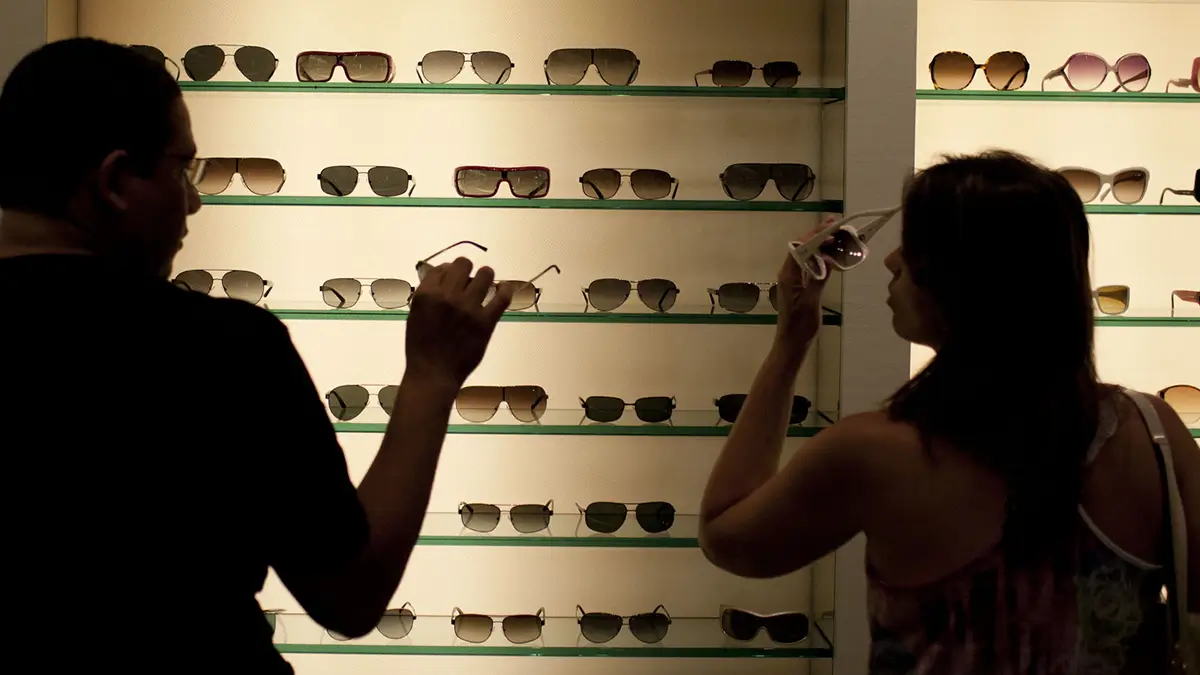Home » How do Sunglasses Protect My Eyes?
Sunglasses have long been associated with style, fashion, and looking cool. However, their primary purpose is to protect our eyes from the sun’s harmful rays, especially here in Tennessee where we get a lot of sunshine! But what are the benefits of wearing sunglasses? How can I choose the best types of sunglasses for optimum eye protection? When it is good to wear sunglasses? And, most of all, how do they help maintain good eye health?

When choosing sunglasses, look for the following features to ensure maximum protection for your eyes:
Sunglasses should be worn whenever you are outdoors during daylight hours, particularly when the sun is at its strongest, typically between 10 am and 4 pm. Additionally, sunglasses should be worn when participating in outdoor activities, such as water sports, skiing, or hiking, where glare and debris can be particularly bothersome.
Sunglasses help protect your eyes in several ways:
Wearing sunglasses is a fashion statement and an essential step in maintaining good eye health. By protecting your eyes from harmful UV rays, reducing glare, and shielding them from small debris, sunglasses can help prevent eye damage and improve your visual experience. When selecting sunglasses, make sure they provide 100% UVA and UVB protection, have polarized lenses, offer proper lens color for your needs, and feature frames that provide adequate coverage. By investing in a quality pair of sunglasses and wearing them consistently when outdoors, you can safeguard your eyes and enjoy the sunshine in style.
At Tennessee Eye Care, we are committed to providing expert eye care for people in East Tennessee. Our team will ensure your comfort and provide up-to-date expert care, prioritizing your eye health and well-being. Don’t wait to take control of your vision – reach out today to schedule an appointment with Tennessee Eye Care.